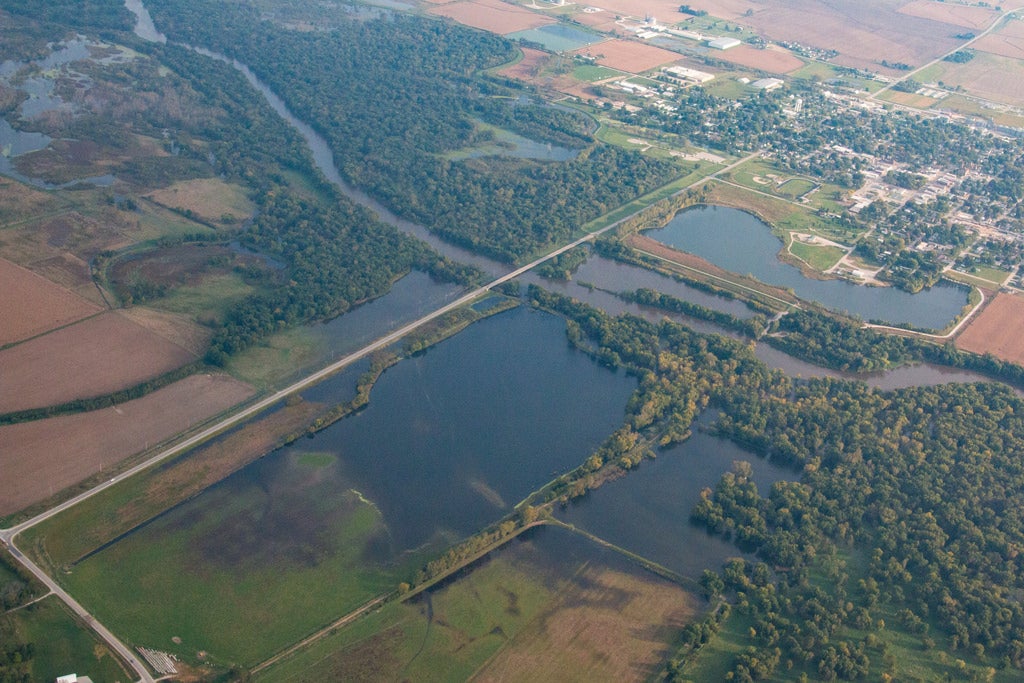Congressional leaders across both parties are taking action to build climate resilience, and for good reason.
Natural disasters and extreme weather know no political affiliations or geographic boundaries, and are impacting all Americans with greater severity. Our country desperately needs investments in infrastructure that can withstand these disasters, while also increasing public safety, lowering the cost of disaster recovery, and spurring job and economic growth. Read More










